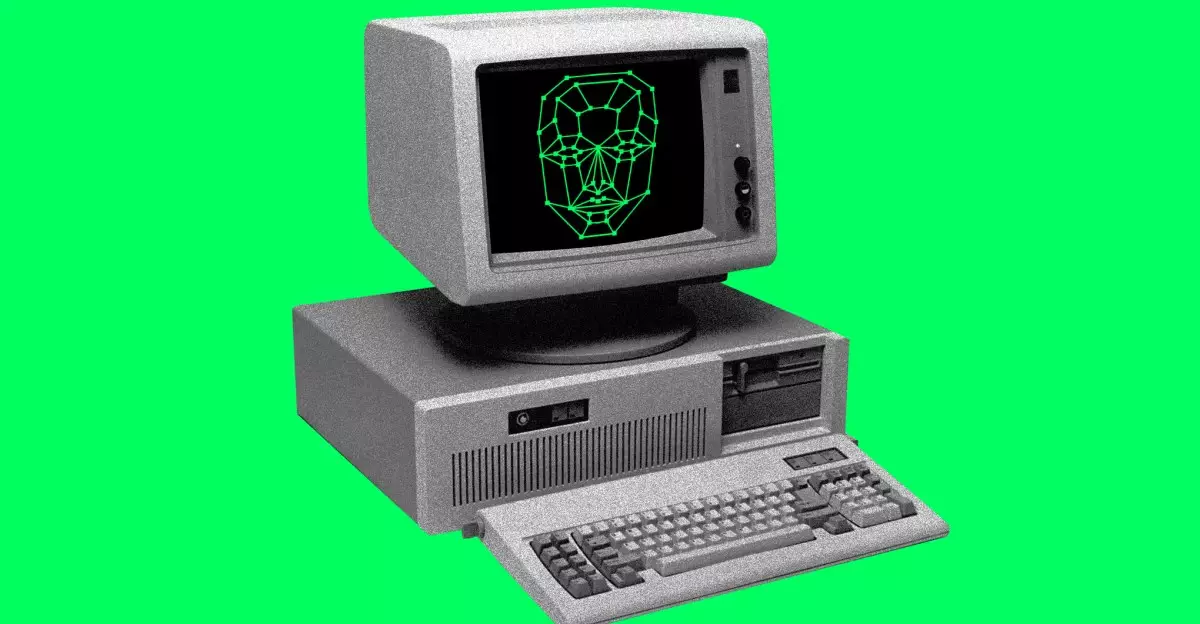Artificial intelligence has revolutionized content creation, promising innovation and efficiency. Yet, beneath the surface lies a troubling reality: AI tools like Google’s Veo 3 are inadvertently becoming vectors for hate and racist stereotypes. Media Matters’ recent investigation reveals a disturbing trend—quick, easily-shareable videos filled with racist tropes targeting Black people and other marginalized groups are increasingly circulating online, garnering millions of views. These clips are short, impactful, and crafted to evoke emotional reactions—an alarming sign of how AI can be exploited for harmful purposes.
What makes these findings even more concerning is the role of the watermark and hashtags linking these videos to Veo 3 or AI origins, suggesting a direct connection to the technology’s capabilities. While the tool itself is designed to generate videos with minimal input, the actual content reflects societal biases embedded in AI training data. This reminds us that AI systems are not inherently neutral; they mirror the prejudices present in their datasets, thus perpetuating harmful stereotypes.
Tech Giants’ Responsibility vs. Reality
Google, the creator of Veo 3, claims to have measures in place to block harmful requests and results. Yet, the proliferation of racist clips questions the efficacy of these safeguards. Similarly, platforms like TikTok and YouTube reinforce their policies against hate speech, but the persistence of such content suggests a significant gap between policy and enforcement. The argument that AI-generated content is automatically moderated oversimplifies the challenge; the rapid dissemination and algorithmic promotion of such clips amplify their visibility, making it harder to curb their spread.
What’s more troubling is how these videos exploit destructive stereotypes for quick attention and viral fame. The fact that some videos have amassed upwards of 14 million views exposes a wider societal complicity in absorbing and sharing such content, normalizing harmful narratives rather than tackling their root causes. This pattern reflects a dangerous trend—when AI-generated videos target vulnerable communities, it isn’t just a technical failure but a profound ethical lapse demanding urgent scrutiny.
The Broader Implications and Our Collective Duty
The emergence of racist and antisemitic content generated by AI exposes critical flaws in our current approach to technology regulation and social responsibility. It underscores the urgent need for transparency, tighter safeguards, and more aggressive moderation practices. Yet, it also reveals a deeper societal issue: the normalization of stereotypes and prejudice, which AI tools only reproduce and amplify.
As consumers, creators, and regulators, we hold a collective responsibility to demand accountability from tech giants. AI should serve as a tool for empowerment, education, and connection—not a weapon for hatred. The unchecked proliferation of offensive content signals a failure not just in policy but in societal values itself. If we continue to turn a blind eye, we risk ceding control over the narratives shaping our world to AI-driven hate that feeds off our biases. Our challenge now is to reassert ethical boundaries and foster a digital environment rooted in respect and equality.

